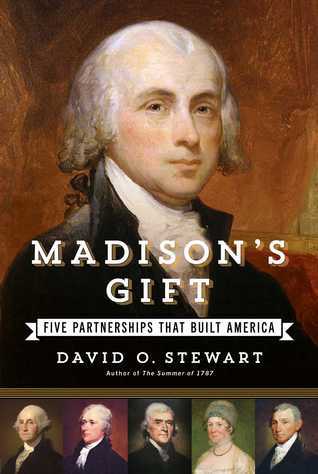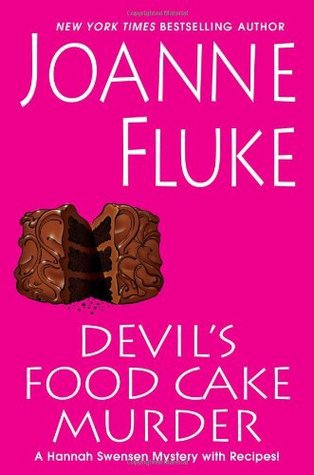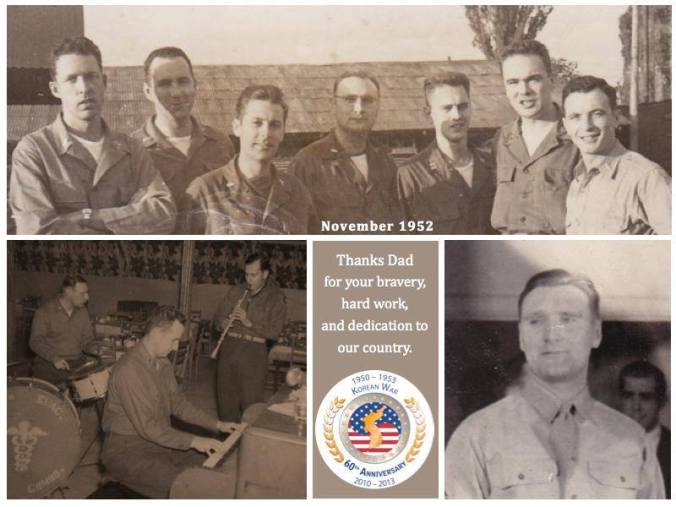This is the second time the book has accompanied me during the raw days post-break up. I think a part of me will come to the book time again to take me into another world when I need it to and remind me of the beauties of this world.

In writing this novel, Mandel admits she meant to capture our world as a “fragile miracle.”
Station Eleven is a speculative fiction novel about what North America will be like like after a virus – the Georgia Flu – wipes out 99.9% of the world’s population. The novel has the best features of post-apocalyptic novels — epic in scope and about thematically centered around how society is a kind of wonder. Author Emily St. John Mandel isn’t telling the future; through her depiction of life ending, she’s written a love letter to contemporary life, as we know it now.
In an interview, Mandel admits in writing this novel she meant to capture our world as a “fragile miracle.” She is struck by the way airplanes can lift off the ground, how we can communicate not just across the city but across continents, how everything we know is on the Internet, the way we can go into a supermarket and buy all sorts of food we are looking for… a world in which globalization, capitalism, and human labor keep the world functioning. And she helps us remember how special this all is.
The novel ambitiously unfolds from multiple points of views in a non-chronological order, scenes shift between the pre-flu and post-flu world. Characters who are present in scenes for fleeting moments make choices that define their lives and the life of others. It was fascinating to read as these strands stretch across time zones, and also back and forth through time. I suppose that these big and small connections are happening, different spools unwinding, invisible to the naked eye, even right now in real life. Authors hone in on a few strands, ignoring all others, and join them for us to “see” how they play out. That’s one of my favorite experiences when reading, and why I respect authors.
For a book about a deadly virus, it may be surprising that the novel isn’t a epidemiological account of the contagion. The Georgia Flu merely sets the context for the story. Station Eleven is Mandel’s ode art and its place in the world. Not only does Mandel incorporate elements of theatre and music into the plot, she also writes in a story within the story (a plot to a graphic novel). I appreciated that added texture to the novel.
Station Eleven opens with an actor playing a scene from King Lear, the first character in the novel to die from the virus. Central to the book is the Traveling Symphony, a band of actors and musicians in the post-flu world who travel and perform Shakespeare and symphonies in different cities.
Written on the side of their caravan is a Star Trek quote, “Survival is insufficient,” which must be the most memorable line from the book.
In an interview Mandel once said that a theme that she fixates on is “what it means to live honorably in a damaged world.” In Station Eleven, Mandel suggests that a commitment to art, in all its different forms, is honorable. Further, I think she’s also suggesting that living honorably is also beautiful, like art.
I feel like Station Eleven is a book for people like me: sentimental and appreciative of the world. Traveling into a speculative world in which society has crumbled allows us to uncover how full of wonder and beauty our world is.
A few of my favorite lines and phrases from Mandel’s gorgeous writing:
- Jeevan was crushed by a sudden certainty that this was it, that this illness Hua was describing was going to be the divide between a before and an after, a line drawn through his life. (20)
- So this is how it ends, she thought… You get a phone call in a foreign country, and just like that the man who whom you once thought you’d grow old has departed from this earth. (30)
- Yes, it was beautiful. It was the most beautiful place I have ever seen. It was gorgeous and claustrophobic. I loved it and I always wanted to escape. (74)
- … then when I hear a story of how two people came together, it’s like a piece of the plan is being revealed. (96)
- [There will be a time] when she lives a life that feels like freedom… But first there’s this moment, this lamp-lit room (107)
- The… argument had lost all of its sting over the year and had become something like a familiar room where they met. (120)
- … and he stepped aboard a train just before the doors closed, the day’s first small moment of grace. (161)
Share this:





